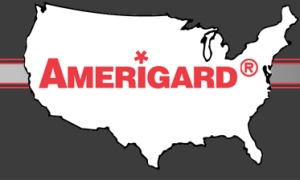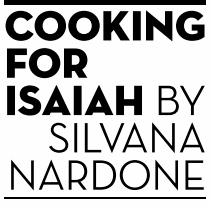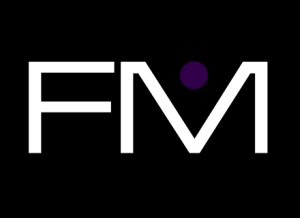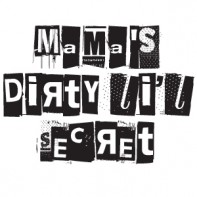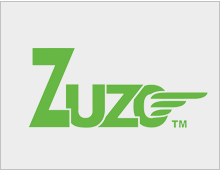In the case of In re Diane R. Gunter, Serial No. 77227513, the TTAB recently reversed a refusal to register the trademark Wish You Were Here for underwear. The Trademark Examining Attorney had taken the position that applicant’s mark was confusingly similar with the Wish You Were Here, Love Jetsy mark:
Both marks contain the phrase “Wish You Were Here.” The Love Jetsy postcard mark is registered for “women’s dresses, shirts, skirts and apparel.”
The Trademark Examining Attorney argued that consumers are more likely to focus on the first part of a trademark; that both marks were substantially similar as to appearance, pronunciation, meaning and commercial impression; that underwear is related to outerwear; and that both goods would be sold through the same channels of trade. The Applicant countered that the Examining Attorney had failed to place proper emphasis on dominant design elements of the post card trademark.
In reversing the Examining Attorney, the TTAB held: ”we cannot agree with the Trademark Examining Attorney’s position that the phrase ‘Wish you were here!’ is the dominant element of applicant’s mark. As depicted in the drawing, the words ‘Love, Jetsy’ are prominently displayed, comprising the largest element on the card. . . and [] have the effect of catching the eye and engaging the viewer before the viewer even looks at the phrase ‘Wish you were here!’ In this context, the ‘Wish you were here!’ phrase is a postcard cliché that acts merely to reinforce the design element of the postcard, and would not otherwise make an impression on the viewer.” In a nutshell, wish you were here in the postcard sense creates a different commercial impression from Wish You Were Here in my pants.
The TTAB then declined to equate “shirts” with “t-shirts” worn as underwear, or to include underwear within the definition of apparel. But see, Lady Gaga. The TTAB found that the dictionary definition of apparel encompasses outer garments — not underwear. Got it. Underwear and apparel are not related goods.
TTAB?
“We do not suggest that underwear and items of apparel are not related goods.”
Okay, so they’re related. They’re just not related enough.


